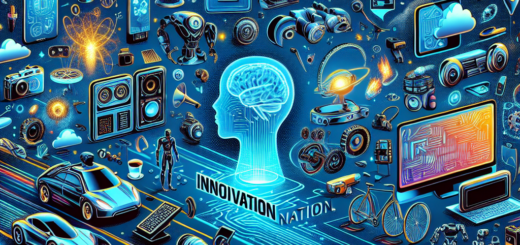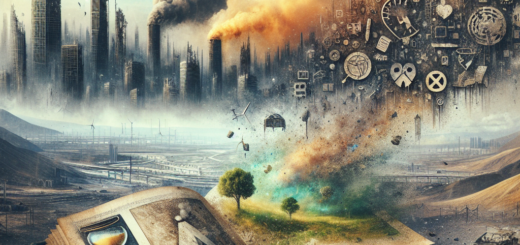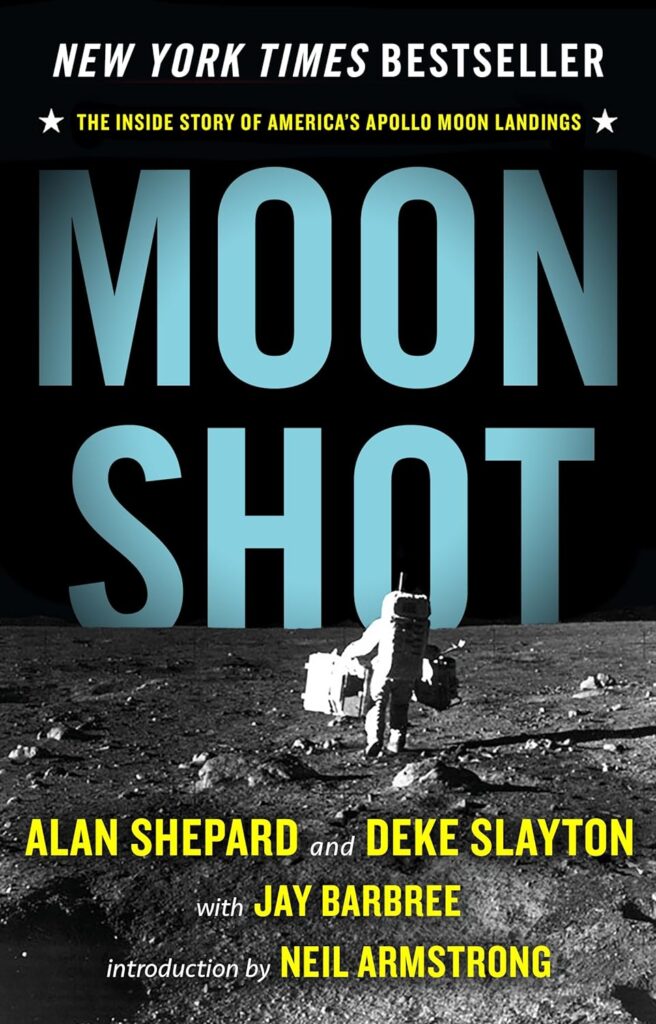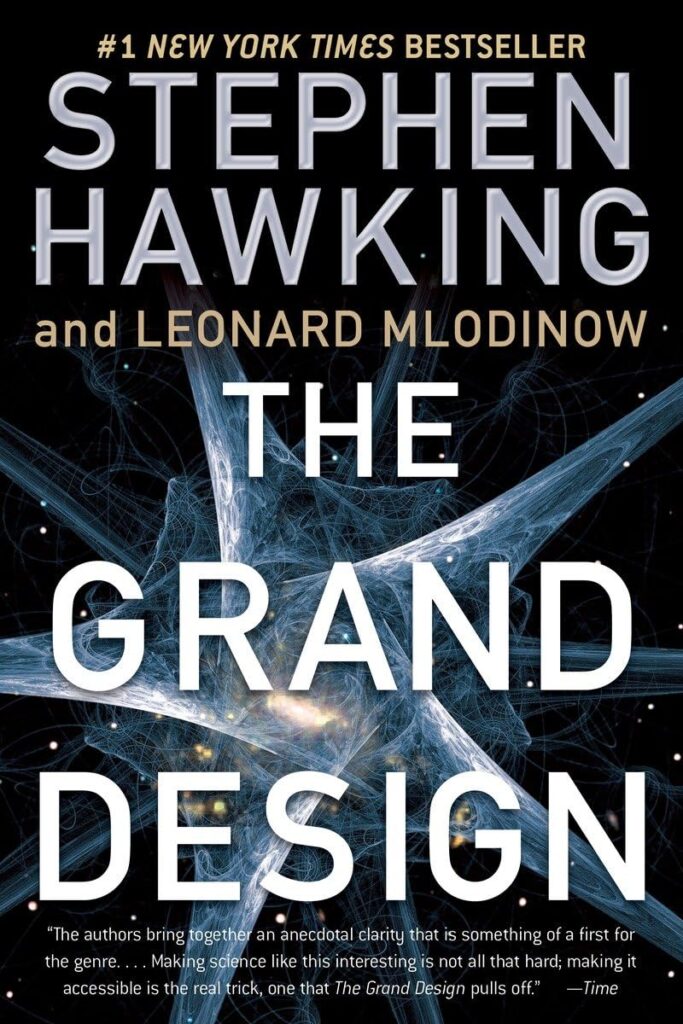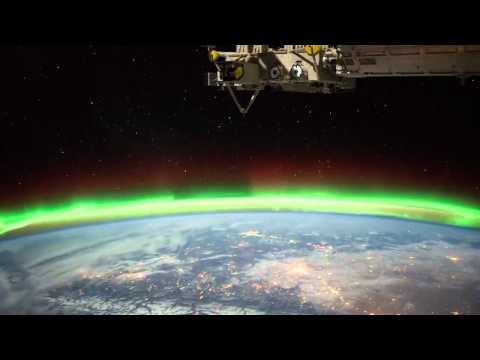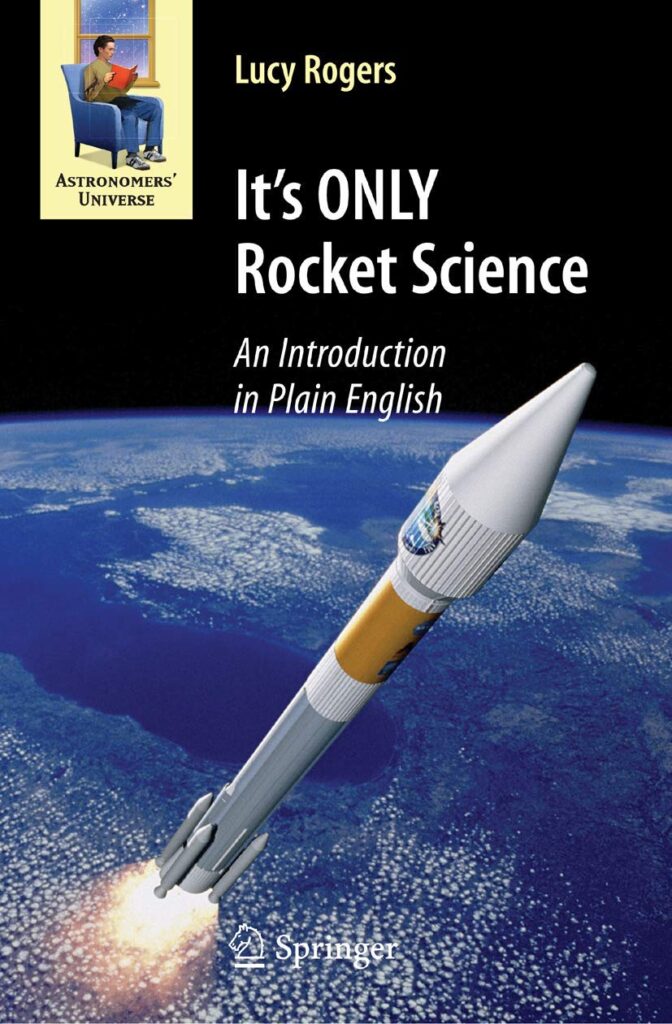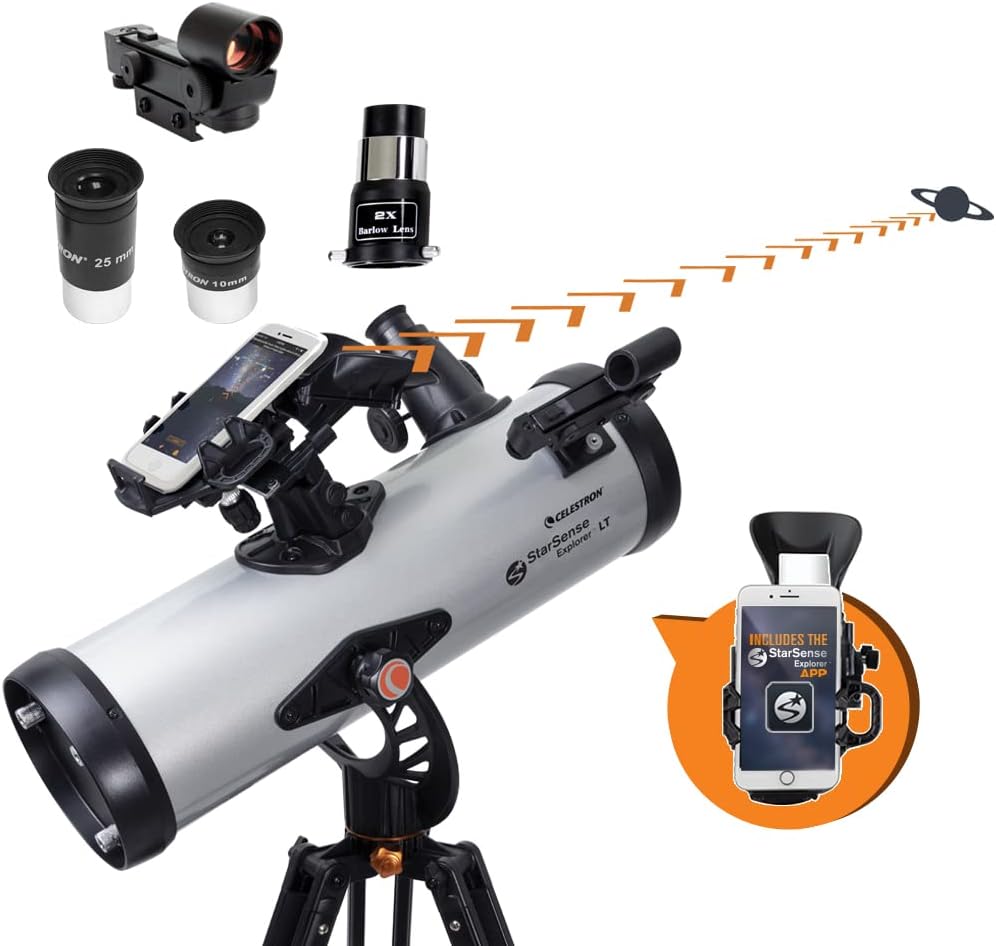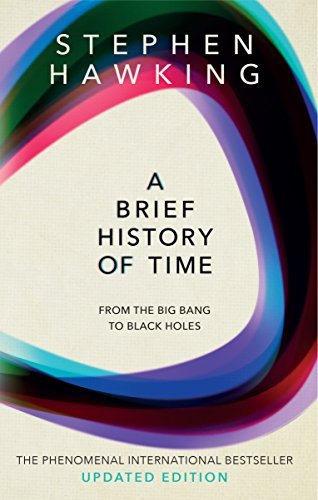From Brave New World to The Hunger Games: A Brief History of Dystopian Literature
Dystopian literature has always been a popular genre, offering readers a glimpse into a dark and often unsettling future. From Aldous Huxley’s “Brave New World” to Suzanne Collins’ “The Hunger Games,” dystopian novels have captured the imagination of readers for decades.
“Brave New World” was first published in 1932 and is considered one of the earliest examples of dystopian literature. Set in a futuristic society where people are controlled through technology and conditioning, the novel explores themes of individuality, freedom, and the dangers of conformity. Huxley’s vision of a world where happiness is manufactured and people are kept in a state of ignorance struck a chord with readers and continues to be a relevant and thought-provoking work to this day.
In the years following the publication of “Brave New World,” dystopian literature continued to evolve and grow in popularity. George Orwell’s “1984,” published in 1949, presented a bleak vision of a totalitarian society where individual thought and freedom are suppressed. The novel’s exploration of surveillance, propaganda, and the manipulation of truth has made it one of the most influential works of dystopian fiction.
Fast forward to the 21st century, and dystopian literature is as popular as ever. Suzanne Collins’ “The Hunger Games,” published in 2008, follows the story of Katniss Everdeen as she fights for survival in a brutal televised competition. The novel explores themes of power, inequality, and the effects of violence on society, resonating with readers of all ages.
Other notable works of dystopian literature include Margaret Atwood’s “The Handmaid’s Tale,” Ray Bradbury’s “Fahrenheit 451,” and Lois Lowry’s “The Giver.” Each of these novels offers a unique vision of a future world gone wrong, challenging readers to think critically about the society in which they live and the consequences of unchecked power and control.
Dystopian literature continues to be a powerful and relevant genre, offering readers a glimpse into possible futures shaped by technology, politics, and social issues. From the classic works of Huxley and Orwell to the more recent novels of Collins and Atwood, dystopian literature remains a vital and thought-provoking genre that continues to captivate readers around the world.

